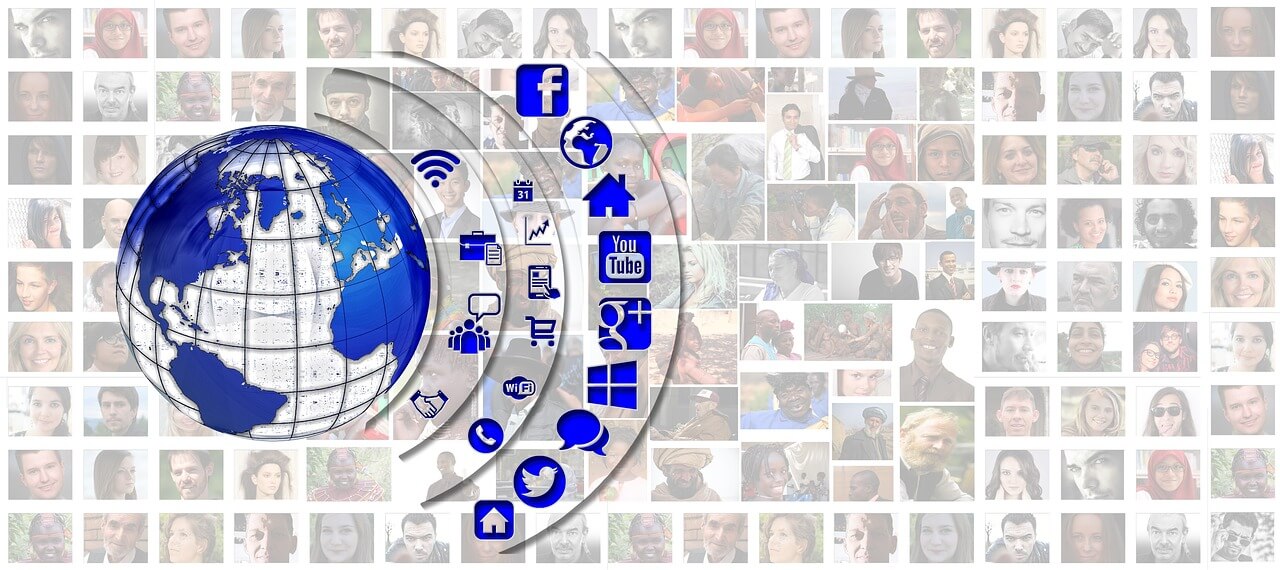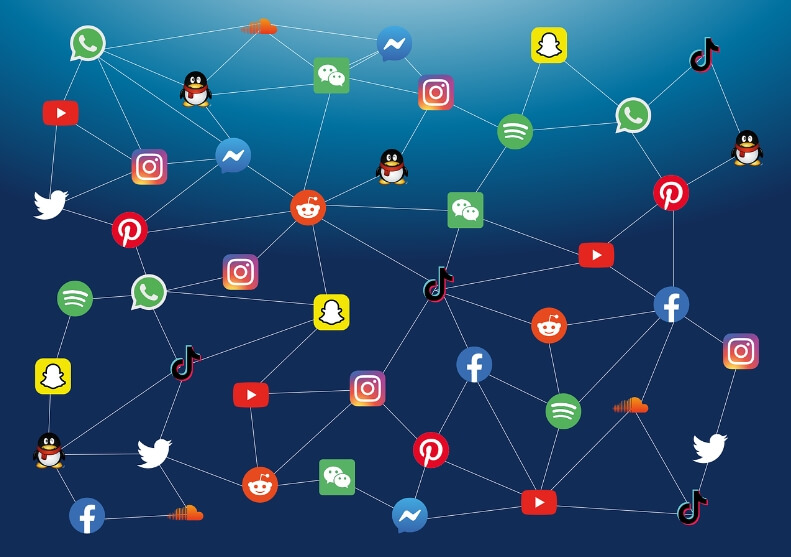The imbalance of online public opinion ecology is an increasingly prominent social problem in today's information age. It not only affects the public's information reception and judgment, but also has a profound impact on social stability, cultural heritage, policy formulation, etc. To explore its causes, we can conduct in-depth analysis from multiple dimensions such as technology, society, and individual psychology.

Technical factors
- Algorithm recommendation mechanism:With the development of big data and artificial intelligence technology, algorithm recommendation has become the main way of distributing information on the Internet. Although it has improved the personalization and efficiency of information acquisition, it has also led to the "information cocoon" phenomenon, that is, users only come into contact with information that is consistent with their existing opinions, and rarely have the opportunity to come into contact with opposing opinions. This information screening mechanism has exacerbated the polarization of opinions and reduced the space for rational dialogue.
- The amplification effect of social networks:The structural characteristics of social networks allow certain information to spread rapidly, forming a "viral spread". This type of communication often prefers emotionally strong and resonant content rather than objective and rational discussions, thus promoting the spread of extreme emotions and opinions.
- Anonymity and irresponsibility: The anonymity of cyberspace lowers the threshold for speaking out and reduces the speaker’s sense of responsibility for the consequences. Under the cover of anonymity, some users are more inclined to make extreme and irrational remarks, which leads to the deterioration of the online environment.
social factors
- Lack of social trust: In a rapidly changing society, the public's trust in the government, the media and even social institutions has declined, making the Internet a channel for venting dissatisfaction and questioning authority. Once a negative event occurs, it is easy to trigger widespread suspicion and negative emotions, forming a public opinion storm.
- Manipulation of public opinion driven by interests:Commercial competition, political struggles and other factors have prompted some organizations or individuals to use online platforms to conduct organized manipulation of public opinion, hiring "water armies" to swipe screens and create hot topics, distorting public perception and leading to distorted public opinion.
- Information overload and fragmentation: In the Internet age, information has exploded, and it is difficult for individuals to filter out true and valuable content from massive amounts of information. In addition, the fragmentation of information makes deep thinking and rational judgment difficult, providing fertile ground for the spread of rumors and prejudice.
Individual psychological factors
- Group identity and belonging:Individuals seek recognition in groups and tend to adopt the mainstream views of the group to gain a sense of belonging. This psychological mechanism prompts people to be more inclined to express views that meet the group's expectations on social media, even if these views may not be comprehensive or accurate.
- Emotional contagion and imitation effect: The rapid spread of emotions in cyberspace, such as anger and fear, can easily lead to "emotional contagion." When seeing others express emotions, individuals will unconsciously imitate them, further exacerbating the spread of emotional speech.
- Cognitive Bias:People tend to look for and believe information that supports their own views, which is confirmation bias, and ignore or belittle contrary information. This is particularly evident in the process of information screening, further exacerbating the polarization of views.
in conclusion
The imbalance of the online public opinion ecology is the result of the combined effects of technological development and social change, involving complex interactions in technology, social structure, individual psychology, and other aspects. To address this issue, the government, online platforms, media, and the public need to work together to build a healthy, rational, and diverse online public opinion environment by strengthening regulatory supervision, optimizing algorithm mechanisms, improving public media literacy, and promoting information authenticity verification. Through the dual efforts of technology and humanity, we hope to gradually improve the online public opinion ecology and promote the harmonious development of society.






